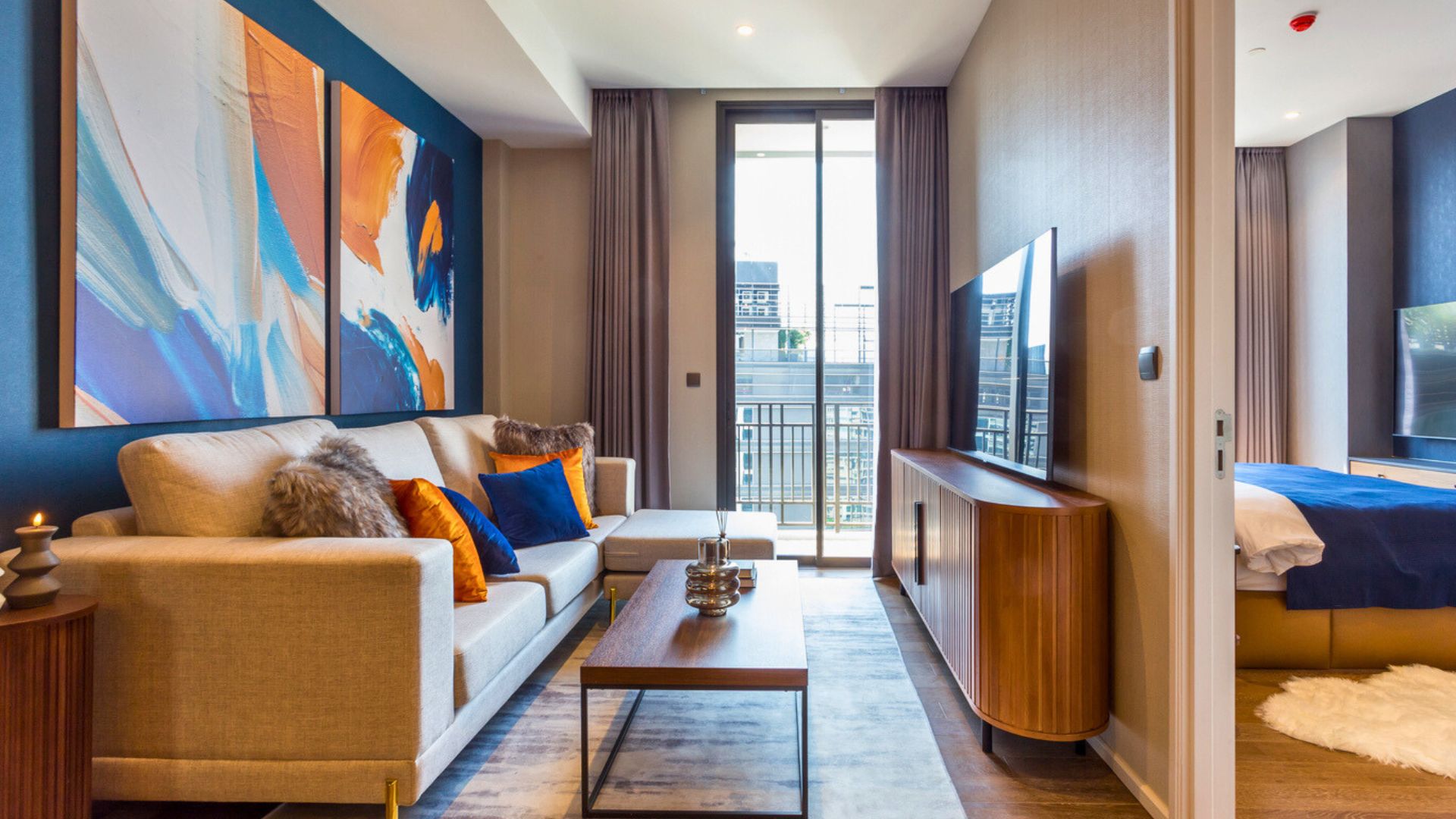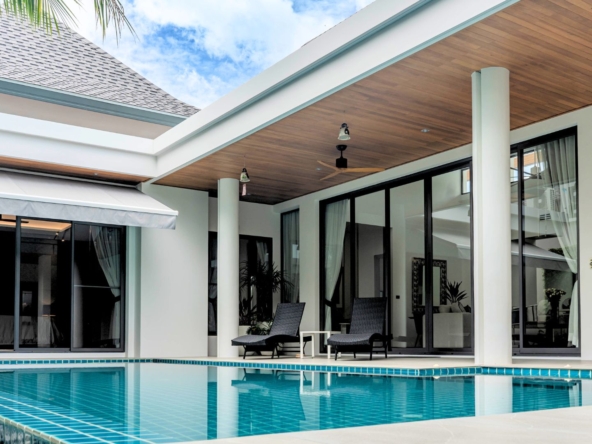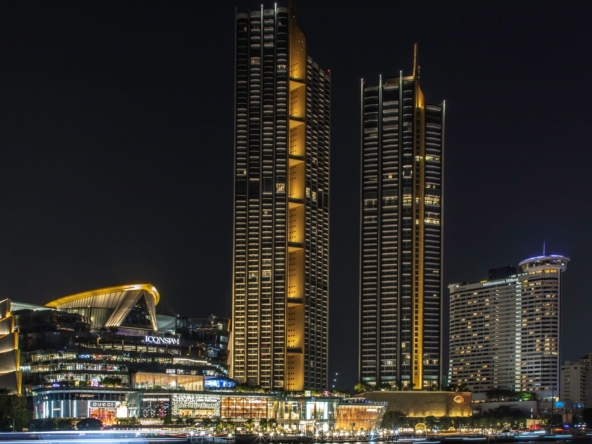Thinking about investing in Thai property? Many foreigners ask themselves: can a foreigner buy a condo in Thailand? The good news is: yes, they can! But there are rules you need to follow. Let’s break it down step-by-step, in simple language.
What is a Condominium in Thailand?
In Thailand, a condominium is a building that’s officially registered under the Condominium Act. Each unit has its own ownership title, and all owners share the common areas — like hallways, elevators, and the land. When you buy a unit in a licensed condo, you also legally co-own part of these shared spaces.
Note: Not all buildings in Thailand are condos. Some are “holiday apartments” or private apartments without official registration. In these cases, you don’t legally own your unit. You just have a rental or lease contract. So, make sure you’re buying in a registered condominium.
Can a Foreigner Buy a Condo in Thailand?
Yes, foreigners can own condos in Thailand, but there’s a limit. In each condominium project, only 49% of the total floor space can be owned by foreigners. The rest must be Thai-owned. Before you buy, it’s important to check if the foreign ownership quota is still available.
To legally own a condo, you must:
- Transfer the full purchase amount from abroad in foreign currency.
- Exchange that money into Thai baht through a Thai bank.
- Get proof of the currency exchange (called a FET form).
As long as you meet these requirements, you can legally register ownership at the Land Office.
Who Can Buy a Condo in Thailand?
Any foreigner who enters Thailand legally can buy a condo, as long as they meet the conditions of the Condominium Act. This includes:
- Foreigners with Thai residency.
- Foreign investors.
- Foreign companies with a legal presence in Thailand.
- Any foreigner who brings money into Thailand and follows the required steps.
What’s Involved in the Sale and Purchase Agreement?
When buying a condo, the sale agreement is very important. It lists all the details of the sale — like the unit info, price, deposit, payment terms, and who pays the transfer fees and taxes. Before signing, have a lawyer review the contract. Also, check the unit’s ownership history and make sure it’s free of debts or legal issues.
The Transfer Process at the Land Office
To finalize the purchase, both the buyer and seller go to the Land Office. The official transfer documents are in Thai, and you’ll need to bring:
- Your passport or ID.
- FET form.
- Sale agreement.
- Proof that the unit is within the 49% foreign quota.
- Payment (cashier’s cheque and taxes).
Can a Foreigner Buy a Condo in Thailand? – Taxes and Fees
When transferring ownership, these costs apply:
- Transfer fee (2% of the value).
- Stamp duty or specific business tax (if applicable).
- Withholding income tax.
Who pays what depends on the sale contract. In developer sales, buyers often pay only half of the 2% transfer fee.
Ownership Proof and the Title Deed
When you buy a condo, your name is registered on the unit title deed. This is the official document that proves you own the condo. It includes your name, unit size, location, and your share of the common areas.
Condo Maintenance Fees
Owners pay monthly condo fees for maintenance, security, cleaning, and other shared services. These are calculated based on your ownership share in the building.
What About Inheritance?
If you pass away, your foreign heirs may inherit your condo. However, they must also qualify under the same laws. If they don’t, they may need to sell the unit within one year.
Can I Rent Out My Condo?
Yes! Foreigners can rent out their condo unless it’s considered running a business, which may require a license. Rental income is taxable in Thailand. So, make sure to report it correctly.
Common Mistakes to Avoid
- Buying in a non-licensed building.
- Not checking the foreign ownership quota.
- Not getting legal help with contracts.
- Not transferring funds properly from abroad.
- Skipping due diligence on the seller or project.
Can a Foreigner Buy a Condo in Thailand? Final Thoughts
Buying a condo in Thailand is a smart move for many foreigners. It offers a secure way to own property — but only if you follow the legal steps. Choose a licensed condo, transfer your funds correctly, and always get legal advice.
Looking for a condo in Thailand? Reach out to a trusted agent or legal expert to make sure your investment is safe and sound.
Tel: (+66) 83 226 9991
WhatsApp: (+66) 83 226 9991
Line: @theluxe
www.luxe-groups.com




